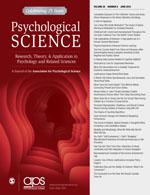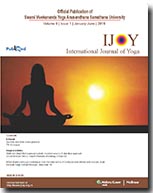

If audits work for the Internal Revenue Service, could they also work for science? We’re pleased to present a guest post from Viraj Mane, a life sciences commercialization manager in Toronto, and Amy Lossie at the National Institutes of Health, who have a unique proposal for how to improve the quality of papers: Random audits of manuscripts.
Skim articles, books, documentaries, or movies about Steve Jobs and you’ll see that ruthlessness is the sine qua non of some of our greatest business leaders. It would be naïve to assume that scientists somehow resist these universal impulses toward leadership, competition, and recognition. In the white-hot field of stem cell therapy, where promising discoveries attract millions of dollars, egregious lapses in judgment and honesty have been uncovered in Japan, Germany, and South Korea. The nature of the offenses ranged from fraudulent (plagiarism and duplication of figures) to horrifying (female subordinates coerced into donating their eggs).
When a researcher embraces deception, the consequences extend well beyond the involved parties. Former physician Andrew Wakefield published a linkage between MMR vaccines and autism with overtly substandard statistical and experimental methods, while hiding how his financial compensation was tied to the very hysteria he helped unleash.
Let’s ask some hard questions. Continue reading Do scientists need audits?









